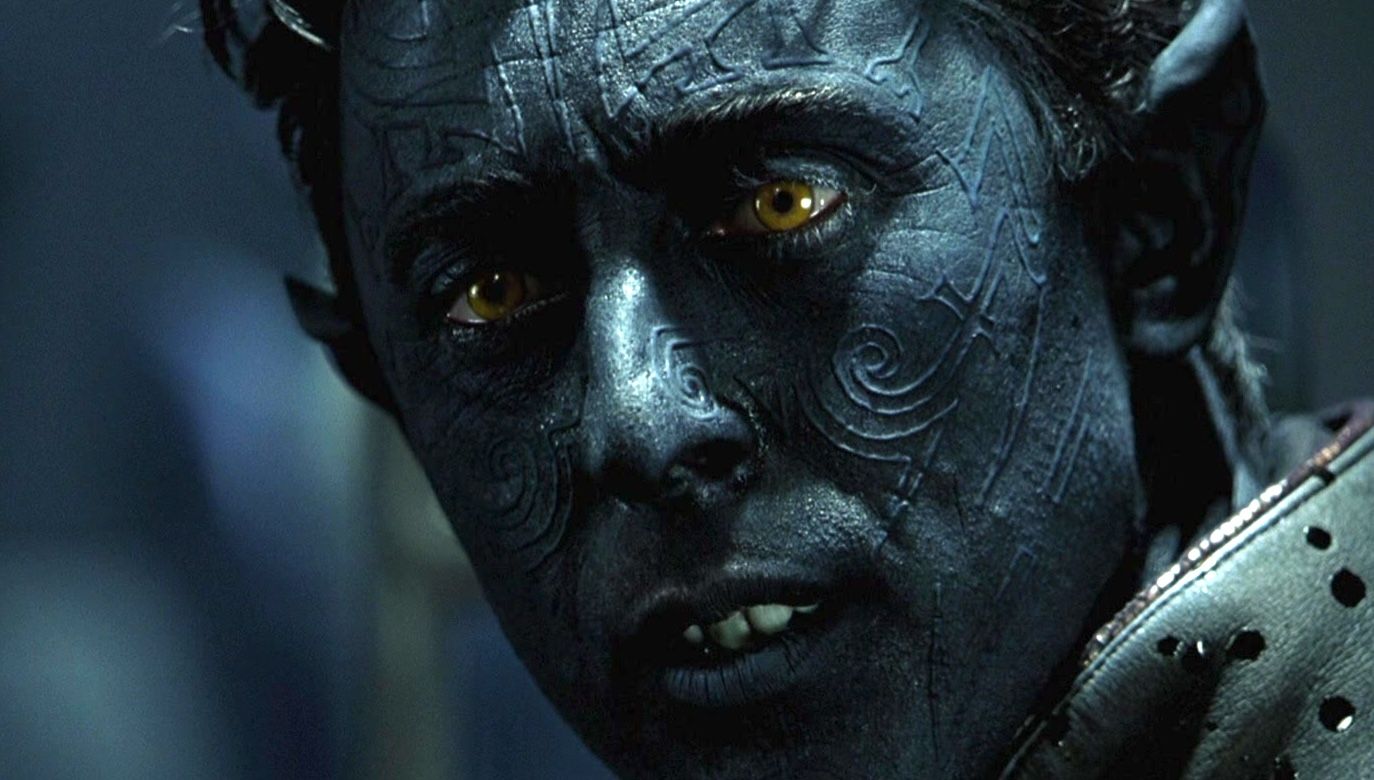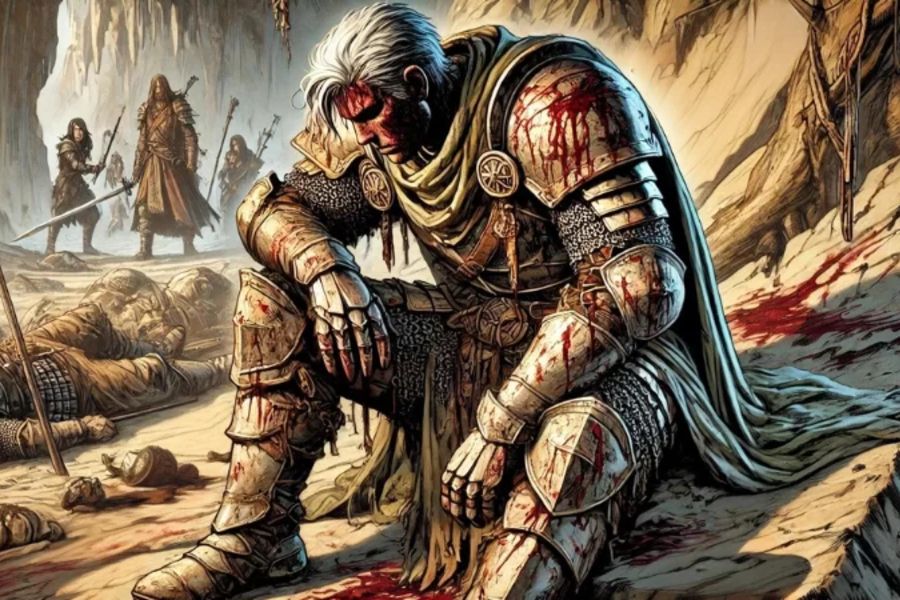This year’s Venice Film Festival kicks off on Aug. 27, firing the starting gun for the film world’s marathon run to the Oscars. A couple of days later is the next awards-season stop: Telluride. A week after that (while the epic Venice schedule is still going), it’s Toronto. There are other notable film festivals a little later in the calendar, like New York and London, but it’s these three events (plus, increasingly, the Cannes festival in May) that showcase the vast majority of movies that earn nominations at the Oscars, the Golden Globes, and other awards ceremonies every year. They mark the moment at which the film industry comes roaring back from a summer of vacations and raking in blockbuster cash with one thing on its mind: silverware.
Thus begins a cycle that lasts almost a full six months until the Oscars ceremony in March. And really, the “awards race” is a whole industry in itself. Movies are conceived, financed, and made with the specific goal of playing at these festivals, earning nominations, and winning awards; it’s their entire marketing plan. Actors and studios execute Oscar campaigns as if they’re running for office. The awards burnish the reputation of the studios and the egos of the artists. But they also engage a different audience than the teens and families that flock to genre movies and summer fare, and they raise awareness of and sell tickets for a swathe of high-minded movies stuffed with big performances from famous actors that are instantly identifiable as “Oscar bait.” Trust Hollywood to turn the artier end of its output into a competitive sport — but, commercially, the system works.
So why isn’t there anything like this in the gaming world? Why aren’t there games designed specifically to win Game of the Year at The Game Awards? Why don’t we have, for want of a better term, “GOTY bait”?
For one thing, gaming awards aren’t a big enough deal — yet. The first Academy Awards took place in 1929; the Oscars have had almost a century to build this ecosystem around them. Not only is video gaming a comparatively young medium, but it took the industry a long time to realize the promotional and reputational power of awards and build an awards system with any real heft. Only the U.K.’s (rather unserious) Golden Joystick Awards have been around since the early days of gaming — the first ceremony was held in 1983. Most other gaming awards ceremonies didn’t begin until the late 1990s or early 2000s.
The Game Awards, which is emerging as the definitive gaming awards ceremony — the “Oscars of gaming,” if you will — only dates back to 2014 in its current incarnation. And its reputation and impact have been further held back by a commercial purpose that’s very different from the Oscars.
The Game Awards is a private enterprise, not the work of an industry body (like the film Academy) whose sole purpose is to celebrate that industry’s best work. It has amassed its massive viewership not through the awards themselves, but by building hype around promotional slots — ads, essentially — for future games. Only recently have the awards started to assume anything like as much importance as the trailers for coming attractions. If TGA is a reflection of the game industry’s self-image, it shows an industry that’s still obsessed with what’s coming next over what it has already achieved. And in a concrete sense, the ceremony has mostly been concerned with selling future products, rather than the games that are up for awards.
Nevertheless, there are signs that gaming awards are starting to become a viable marketing strategy. Hazelight Games says that the GOTY win for It Takes Two was instrumental in that game’s huge viral success. Indie card game Balatro saw a big sales spike after a slew of TGA nominations drew the attention of a wider audience. Xbox Game Studios boss Matt Booty has underlined the importance of winning awards in marketing Gape Pass (and has perhaps scheduled the forthcoming Indiana Jones and the Great Circle DLC to suit).
But there’s also a broader cultural reason why GOTY bait isn’t a thing: Unlike the film world, the gaming community as a whole tends not to make a distinction between what’s popular and what’s good.
It’s very rare for the Best Picture Oscar to go to a box office behemoth. It only happens roughly once per decade (Titanic in 1997; The Return of the King in 2003; Oppenheimer in 2023, though that film feels like an Oscar play that became an accidental blockbuster). Most summer tentpoles and genre pictures need not apply. The movie industry, at least in the form of the Academy and its voters, seems ashamed of its most commercial instincts.
Not so in video games. The Game Awards’ top prize goes to a massive seller more often than not: The Witcher 3, Zelda: Breath of the Wild, Elden Ring… Games of this vast stature don’t need an awards campaign to sell them, or at any rate, can’t rely on awards and acclaim as their only marketing strategy. Only one GOTY winner in the TGA’s 11-year history has sold less than 10 million copies. (It was last year’s Astro Bot.) There’s nothing wrong with this. Indeed, you can argue that it’s a healthy culture and industry that does some of its best work for its biggest audience, and that has no snobbish disregard for mass appeal.
But it does mean that game creators’ more artistic, experimental, or culturally specific impulses can be sidelined in the relentless quest for both quality and quantity. If there’s a sector of the gaming industry that could really benefit from the awards ecosystem, it’s indie gaming, where the quality and artistic ingenuity of the games often far exceeds the developers’ niche audiences and meager marketing reach. Balatro is proof that awards can help these games reach far more people, and in doing so, expand those players’ appreciation of what games can be. This is arguably the greatest benefit of an awards ecosystem: that it can bring an artwork like 2019 Best Picture winner Parasite — a subtitled, acerbic, violent, and vividly South Korean satire — to millions more people, and turn it into a global cultural phenomenon.
Yet The Game Awards, and most other gaming awards bodies, tend to sideline indie gaming in ghettoized categories. Voters, in turn, seem to reserve just one GOTY nomination — and never a win — for these smaller productions. It doesn’t follow that the video game industry needs to model its awards after film, turning its nose up at AAA games promoting the idea of GOTY bait. But if the gaming awards bodies, particularly the TGA jury, could expand their horizons a little and be more inclusive toward indie and smaller games, the benefits for the art and culture of games could be huge.



![24th Aug: The Art of Racing in the Rain (2019), 1hr 49m [PG] (6.8/10)](https://occ-0-7324-1007.1.nflxso.net/dnm/api/v6/Qs00mKCpRvrkl3HZAN5KwEL1kpE/AAAABc3B4ie81AGsFQi3NVbaaFpzXCGlhv36euG3_nKu54OucQELv-Im3rvCnRGB_7ODG6ws9rXw-N6Sf_voqLXtWFrj3gUtMM2s65XyS8slE5OGvNSqxheQ3aHPGbDjCGPCFRz5nObN0y3miHLgvKbriwIZBAp3DK38blHIcv_24HfgGA.jpg?r=4a2)


![24th Aug: Five Nights at Freddy's (2023), 1hr 49m [PG-13] (5.7/10)](https://occ-0-7324-1007.1.nflxso.net/dnm/api/v6/Qs00mKCpRvrkl3HZAN5KwEL1kpE/AAAABU_e1Iog0f6djwiqhRv0oKVffsRkQ8s_c-8pD-CbjRum_JPbLpqqbXWuoHJC5axLtgYDPMPCDxB7H6S7I3nIoFesNauV1wk003KydI7AXwuNyWAVMY9fEqH-5k2sRXlDze1D0rREXI7VJriIqnGcpqBl-wrqwILsIjDaSfA2ceW7-g.jpg?r=77a)





